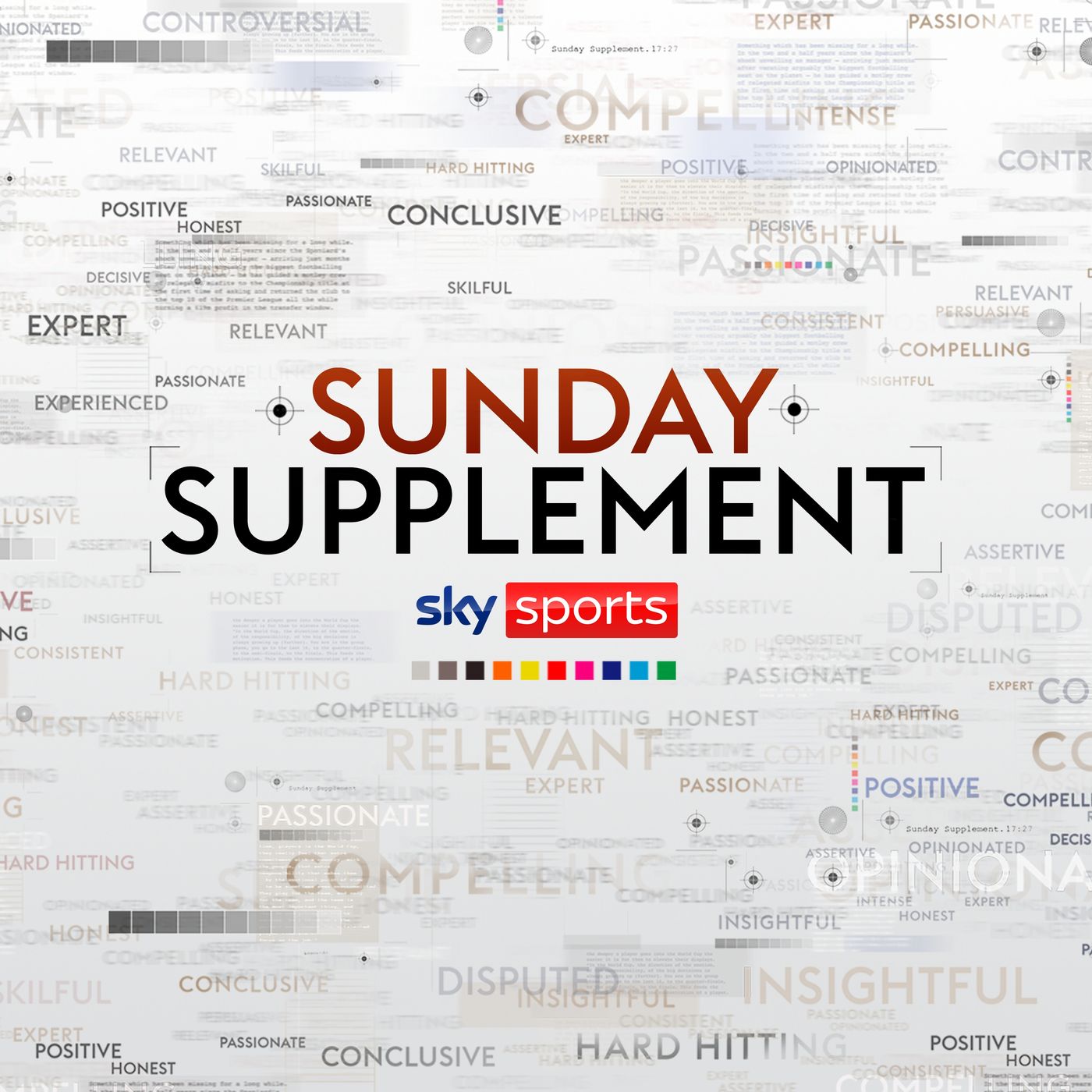
Pep and De Bruyne on City’s struggle | Ten-men title favourites Liverpool | Are Arsenal Set Piece FC?

Sunday Supplement
Deep Dive
Why is Pep Guardiola struggling with Manchester City's current form?
Guardiola attributes the struggles to the relentless schedule of fixtures, which has left him physically and emotionally drained. The constant pressure, media scrutiny, and the demanding match calendar are taking a toll on him and the team.
What does Pep Guardiola say about the impact of the match calendar on Manchester City?
Guardiola emphasizes that the excessive number of games and travel are unsustainable for both players and managers. He highlights the upcoming Club World Cup, which will further strain the team without adequate recovery time.
How does Darren Lewis view Pep Guardiola's current state?
Lewis believes Guardiola is visibly struggling physically and emotionally, with visible signs of stress. He argues that this should not be normalized and that Guardiola's well-being should be prioritized over football.
What does Kevin De Bruyne say about Manchester City's recent struggles?
De Bruyne acknowledges the team's steep fall in form, with seven losses in ten matches, but believes the quality is still there. He emphasizes the need to accept the situation and work to improve without making excuses.
How does Kaveh Solhekol view Manchester United's performance under Ruben Amorim?
Solhekol believes Amorim's United has shown improvement, but questions whether the manager's rigid 3-4-3 formation is the best fit for the squad. He suggests that Amorim should adapt his tactics to better utilize the players at his disposal.
What is the current contract situation for Kevin De Bruyne?
De Bruyne's contract with Manchester City is set to expire at the end of the season. He has not yet had formal discussions about a new deal and is open to exploring options, including potential moves abroad.
Why does Kaveh Solhekol think Kevin De Bruyne should stay at Manchester City?
Solhekol argues that De Bruyne, even at 70% of his best form, is still one of the best players in the Premier League. His vision, passing ability, and leadership in the dressing room make him invaluable to the team, especially in unlocking opportunities for Erling Haaland.
What does Darren Lewis think about Gareth Southgate's potential knighthood?
Lewis supports the idea, highlighting Southgate's role in rebuilding the relationship between the England team and the nation. He credits Southgate for empowering players to speak out on societal issues and for creating a positive atmosphere around the team.
What is the debate around Saudi Arabia hosting the 2034 World Cup?
The debate centers on Saudi Arabia's human rights record and the transparency of the bidding process. Critics argue that FIFA should have run a more open and fair process, while others question whether the country's issues should disqualify it from hosting the tournament.
How does Kaveh Solhekol view Arsenal's recent struggles in scoring goals?
Solhekol believes Arsenal's inability to score in open play for over five and a half hours is a temporary issue. He suggests that the team's reliance on set pieces and the need for a new striker in the transfer market are contributing factors.
- Manchester City's poor form (one win in ten games)
- Pep Guardiola's stress and health concerns
- Relentless football schedule as a contributing factor
- Guardiola's comments as a 'cry for help'
- Debate on the sustainability of the current football calendar
Shownotes Transcript
**Rob Jones is joined by The Mirror's Darren Lewis and Sky Sports Chief Reporter Kaveh Solhekol to reflect on the weekend’s sporting action.********We start with Manchester City, and with only one win in ten, Kaveh talks of Pep Guardiola being at tipping point. Juliette Ferrington sits down with the Manchester City boss, who says his players have had greater success than any team and would have won again this season had it not been for the relentless schedule of fixtures.********Next to Liverpool, who came from behind with ten men to gain a point against Fulham. Was Robertson’s sending off incident a clear goal-scoring opportunity? Darren believes so, Kaveh disagrees, but both place Slot’s team clear title favourites.********Also, with no goal in open play for five and half hours for Arsenal, Kaveh criticises Arteta for taking Odegaard off; will their failure to consistently score goals be their Achilles heel?********Elsewhere, we discuss Gareth Southgate’s pending knighthood and issues with the Saudi World Cup.******Finally, Natalie Gedra sits down with Kevin De Bruyne, who talks of City’s current struggle, an ageing side and being resilient to criticism.